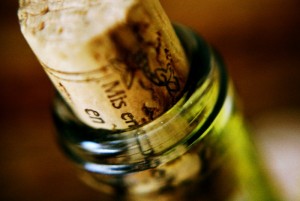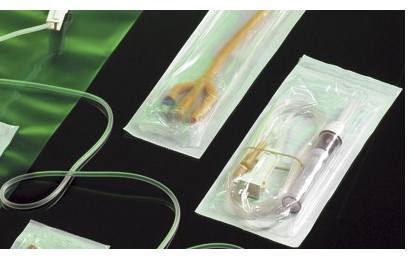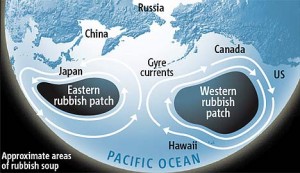Well it would appear to be the case in certain sectors of the market.
German retailer Penny Markt has announced that it will be moving a range of its own beverages from PET bottles to aluminium cans. They appear to be claiming that when you look at the whole life cycle of the product they feel that aluminium cans are more environmentally friendly, or should that be less environmentally damaging.
 Penny Markt are justifying their move back into cans with claims that new can designs now mean that 30% less material is used, that the recycling rate for aluminium cans in Germany have risen significantly and that they can also achieve savings as the cans stack better than the PET bottles they are replacing and also chill much faster – therefore saving energy and money.
Penny Markt are justifying their move back into cans with claims that new can designs now mean that 30% less material is used, that the recycling rate for aluminium cans in Germany have risen significantly and that they can also achieve savings as the cans stack better than the PET bottles they are replacing and also chill much faster – therefore saving energy and money.
The full article written by David Vink of European Plastics news makes an interesting read and gives a good background to the German drinks market. Penny Markt obviously feel they are doing the ‘right thing’ and others in their market appear to be preparing to follow, but who is ultimately right?
If you talk to PET manufacturers they will have you believe that PET is less environmentally damaging than other packaging materials – if you talk to the glass industry then they are of course the most environmentally friendly – if you talk to the aluminium can producers they will equally justify themselves.
I believe the answer is very much ‘horses for courses’ in other words it really depends on not only the products you are looking to package, but also the full life cycle of the packaging, including the transport of the empty container and the disposal of it after use. If you need help with making the most environmentally friendly decisions for your products, then don’t forget that we have two Chartered Environmentalists who can help, so why not contact Design Cognition and see how we could help make those seemingly difficult decisions easy!





